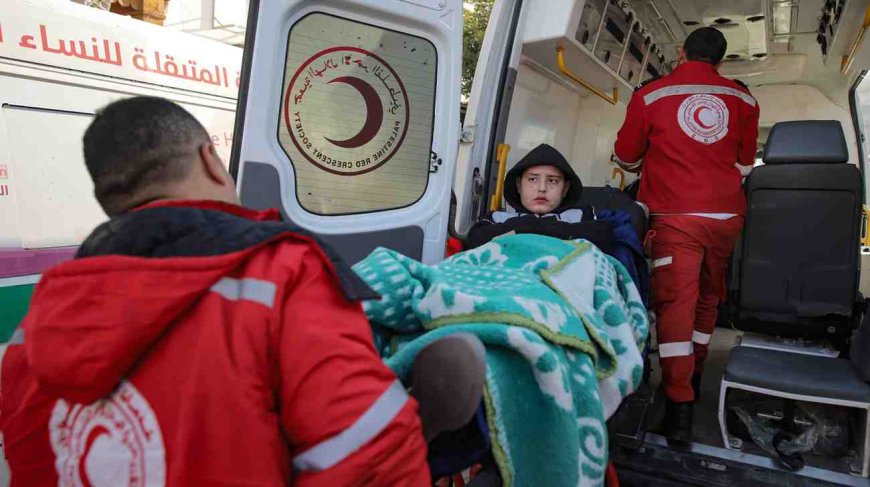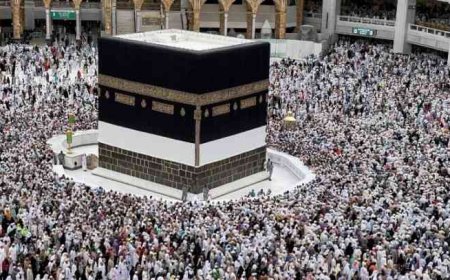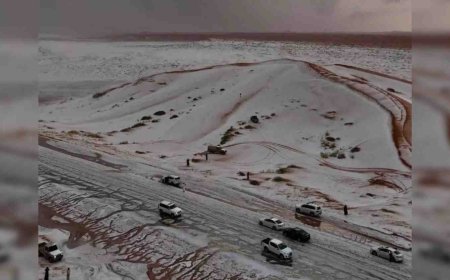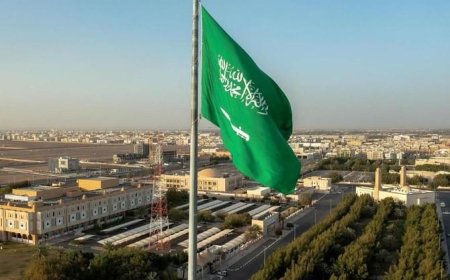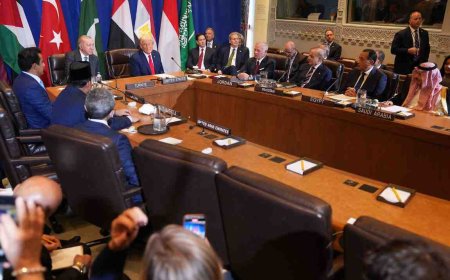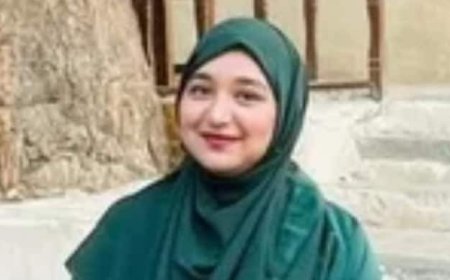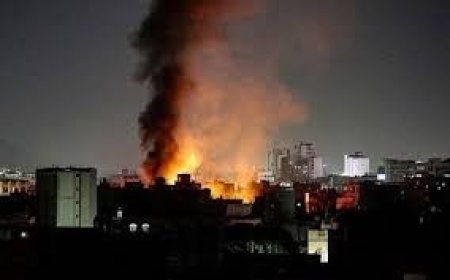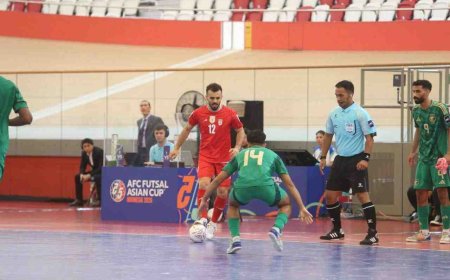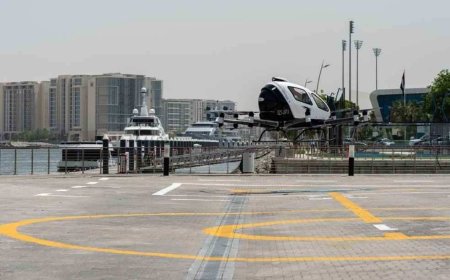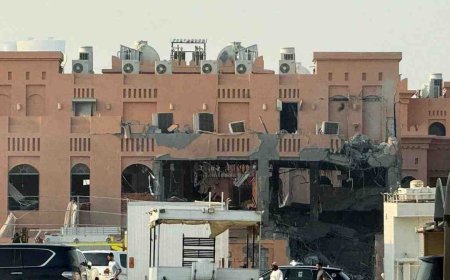Gaza Cease-Fire Stalled: 15,000 Patients Await Urgent Medical Evacuation as Rafah Crossing Remains Closed
A fragile cease-fire in the Gaza Strip is being overshadowed by a mounting medical crisis, as the United Nations and humanitarian partners urgently press Israel to open evacuation routes for thousands of critically ill Palestinians. Despite the truce, the vital land crossing at Rafah—the primary gateway for patients to reach hospitals in Egypt and beyond—remains closed, stranding those in need of life-saving treatment.
While the World Health Organization (WHO) confirmed the evacuation of 41 critically ill patients on a recent day, this number represents a fraction of the overwhelming need. Aid agencies estimate that roughly 15,000 patients, including many children, are still waiting for urgent medical transfers out of Gaza. These individuals suffer from complex war injuries, cancer, heart disease, and other serious conditions that the collapsed healthcare system inside the enclave can no longer treat.
A Cease-Fire Without Critical Access
The truce, while halting active combat, has failed to automatically open the doors for humanitarian relief. The UN emphasizes that the cessation of hostilities must be matched by immediate action.
“The crossing at Rafah must be reopened fully and without further delay to allow life-saving evacuations,” a UN spokesperson stated. Humanitarian organizations report that despite the cease-fire deal, Israeli security checks and restrictions continue to create unpredictable and slow-moving procedures, hampering the flow of patients and leading to growing frustration on the ground.
This situation highlights a harsh reality: a pause in fighting does not automatically translate to aid and evacuation for the most vulnerable.
A Healthcare System in Collapse
For Palestinians in Gaza, the cease-fire has brought more hope than tangible relief. The territory's health infrastructure lies in ruins: hospitals are damaged, medical supplies are scarce, and power is unreliable. The continued closure of the Rafah border crossing denies the most critical patients their only chance to reach specialized care.
Humanitarian actors are issuing stark warnings: the longer the delay, the greater the risk of preventable deaths or lifelong disabilities for those stuck in Gaza’s overwhelmed medical facilities. Every hour of closure tightens the countdown for patients needing urgent surgery, chemotherapy, or other advanced interventions.
Deepening Humanitarian Anguish
Adding to the urgency and trauma, the bodies of 54 unidentified Palestinians were returned to Gaza by Israel and buried in a mass grave in Deir el-Balah. Reports that the bodies showed signs of execution or torture have further underscored the profound horrors endured by Gazans, even during the supposed calm of a cease-fire.
Calls for a Clear and Expedited Process
Israel has maintained that any evacuation must adhere to its security protocols and coordination. However, aid groups contend these processes are opaque and inefficient.
The UN and its partners are calling for a clear, expedited mechanism aligned with the truce terms—one that ensures patients can leave and, ideally, return once treated. They stress that medical evacuations are a humanitarian imperative, not a negotiating chip.
The broader test of this cease-fire, experts say, lies not just in the silence of guns but in the restoration of access, medical services, and aid delivery. For the 15,000 patients waiting, the quiet has only amplified the race against time. The window of opportunity provided by the truce is partially ajar, but without the immediate and predictable opening of the Rafah crossing, the pause in fighting may yield little relief for those whose lives hang in the balance.
